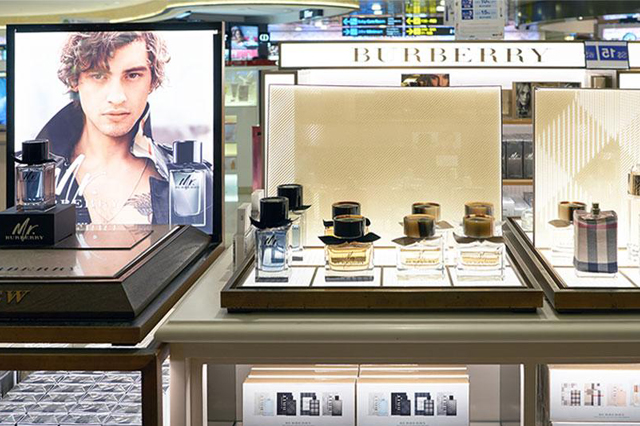
Web Developers
British luxury brand Burberry is returning to a beauty and fragrance licensing model after four years of in-house management. Burberry will now franchise the operations to US-based Coty. Under the deal, Coty will acquire the beauty business for £180 million and pay ongoing royalty payments. The exclusive licensing agreement will take effect in October 2017. The transaction is expected to be neutral with regard to adjusted profit before tax in fiscal 2018 and accretive to fiscal 2019 earnings. Burberry will still maintain control over consumer-facing aspects such as packaging, marketing, and the creative look and feel of the collections.
Coty is the world’s third-largest cosmetics group by sales, after France’s L’Oréal and the US’s Estée Lauder. Coty has annual sales of $9 billion and is the world’s leading fragrance company. Its fragrance portfolio includes luxury brands such as Gucci, Marc Jacobs, Hugo Boss, Balenciaga, Bottega Veneta and Miu.
In 2013, Burberry bought back its fragrance licenses from Inter Parfums and started managing its beauty business in-house. As part of the rebranding, Burberry cut its number of distribution points from 3,500 to 35. As an independent business, Burberry also relaunched color cosmetics, successfully introduced the My Burberry and Mr. Burberry fragrances, and elevated the brand positioning from mass to luxury. Burberry tried to regain control and reposition the brands by taking them in-house. According to management, this move was successful, and the company is now seeking to leverage Coty’s vast distribution channel in order to accelerate growth.
It is uncommon for fashion brands to operate in-house beauty businesses due to the complexities of product development and distribution. Hermès and Chanel are the rare brands that manage both fashion and beauty businesses.
The Burberry beauty division reported fiscal 2016 revenues of £203 million; fragrance revenues accounted for 92% of the total. In the first half of fiscal 2017, underlying constant currency beauty revenues declined by 17% year over year, to £76 million. The company stated that fragrances performed well and blamed the sales decline on distribution rationalization efforts.
Burberry has recently been going through a number of strategic changes. Nine months ago, the company abandoned its controversial strategy of combining the CEO and Chief Creative Officer roles under Christopher Bailey. New CEO Marco Gobbetti is pursuing a strategy of cost cutting and higher profitability. The company is seeking to achieve annual cost savings of £100 million by fiscal 2019.